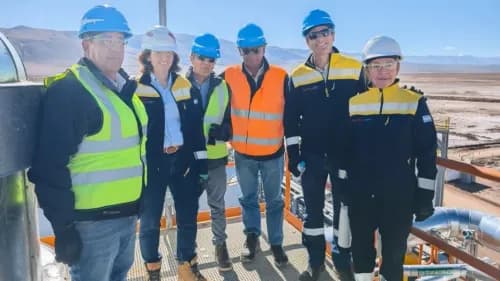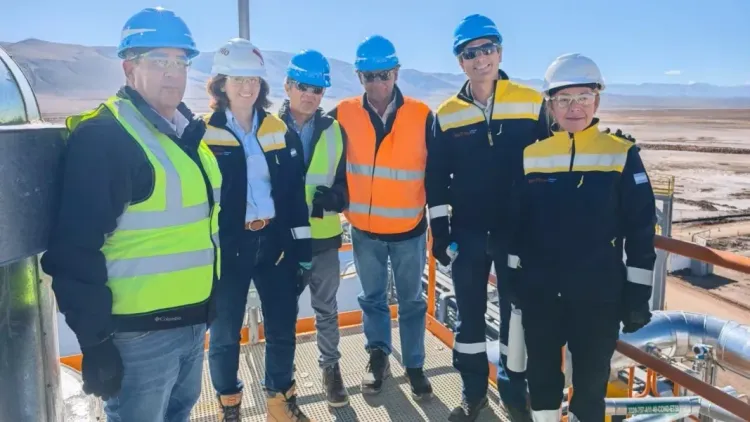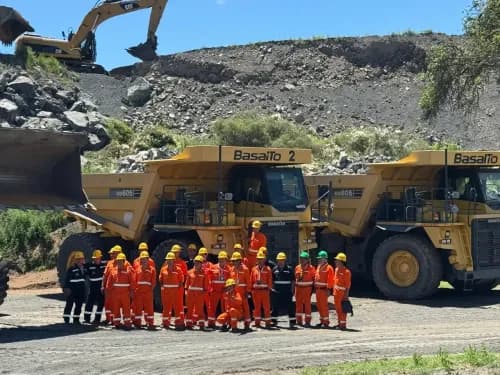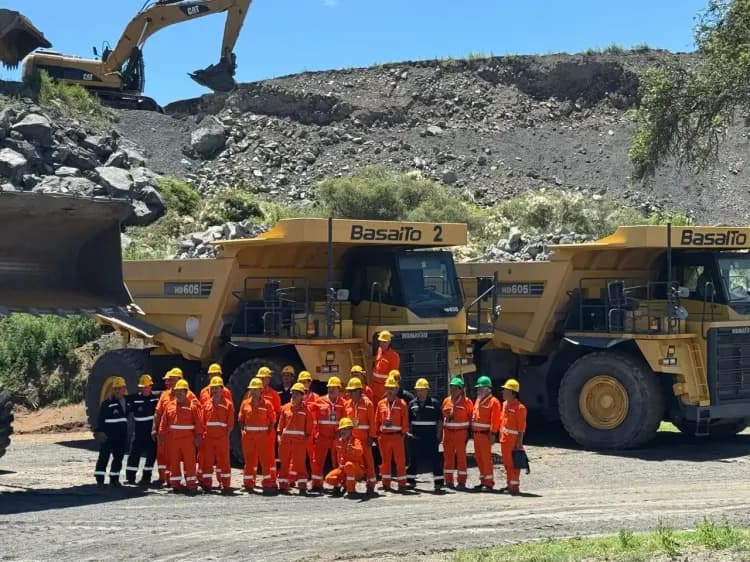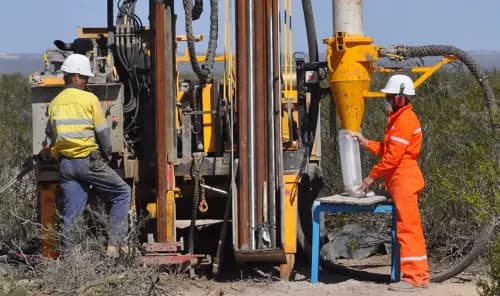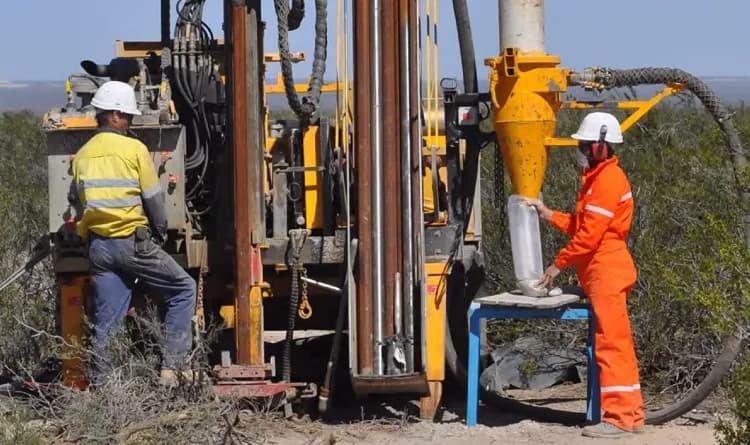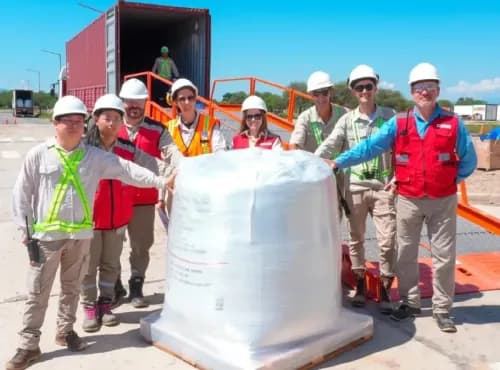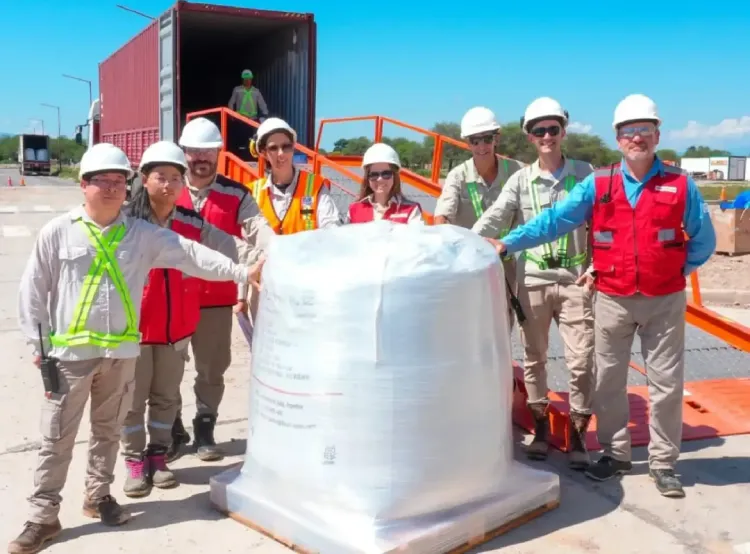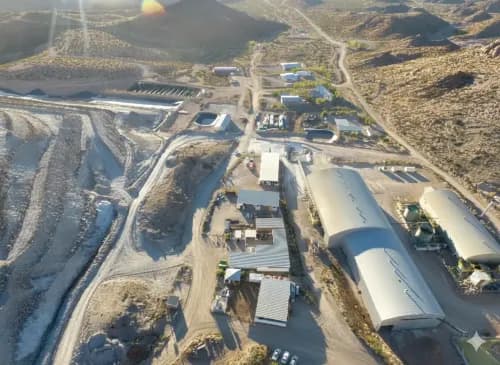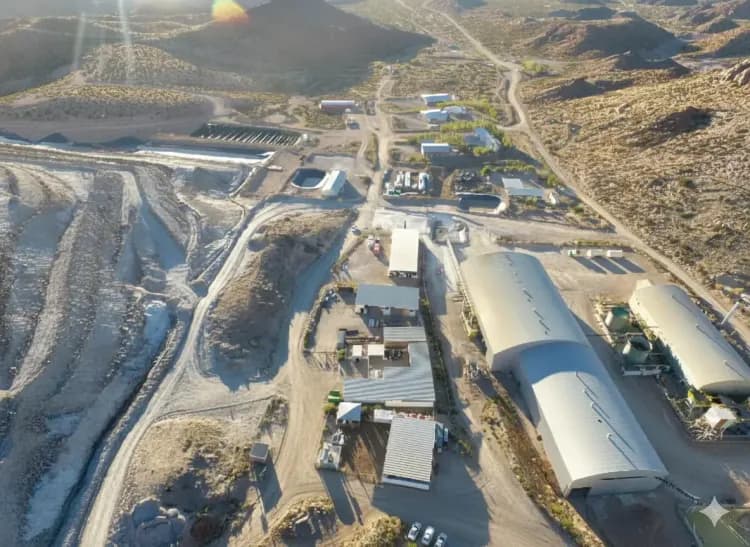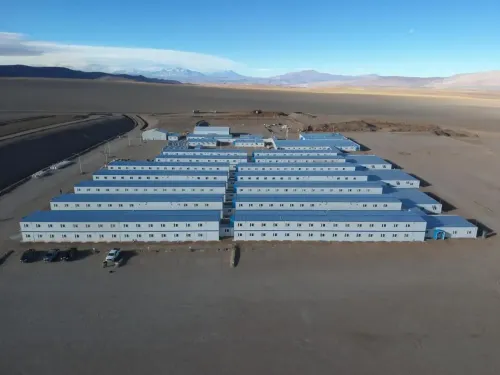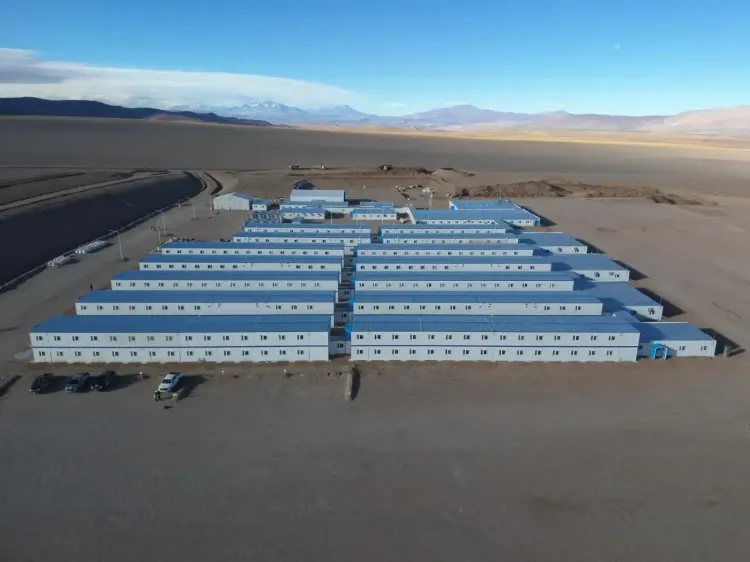According to the annual report from Canada's Fraser Institute, Salta has managed to position itself as the leading province nationwide in two fundamental aspects for the mining industry. Firstly, it has surpassed other provinces in terms of the perception of mining public policies. Additionally, it has consolidated itself as the most attractive destination for investment in this sector.
By Panorama Minero
The Fraser Institute's report highlights that Salta has achieved a notable rating in the realm of mining public policies, scoring 75 points on the perception index. Salta's Minister of Production and Sustainable Development, Martín de los Ríos, pointed out that this rating "highlights the Government's management in mining matters and the province's legal framework, which provides security and predictability for investors."

The Fraser Institute, an independent research institution based in Canada, conducted this assessment through a survey distributed electronically to around 2400 individuals during 2023. The objective was to analyze how mineral resources and public policy factors influence investment in mining exploration.
Argentina has stood out this year as one of the most attractive regions in the world for investment (fourth place), with a median investment attraction score of 74.13. The country's Public Policy Index (PPI) score has significantly increased, rising from 49.54 in 2022 to 64.40 this year, an increase of almost 15 points. Among Argentine provinces, Salta and Jujuy have particularly increased their scores this year.
According to the Fraser Institute report, La Rioja, which this year ranks as the worst jurisdiction in policy and one of the least attractive for investment, ranks 83rd out of 86 jurisdictions. All respondents from La Rioja expressed concern about labor regulation, and 88% of them stated that the province's legal system is an obstacle to investment.
Salta, ranked 26th out of 86 jurisdictions, is the highest-ranked Argentine province in policy. The region increased its PPI score by 25.71 points this year. Investors showed less concern than in the past about Salta's political stability (-56 points), uncertainty about disputed land claims (-50 points), and trade barriers (-39 points). However, respondents showed greater concern about community development conditions (+8 points), the tax regime (+6 points), and infrastructure (+5 points).
San Juan experienced a drop of almost 5 points in its PPI score (-4.53 points) and went from 23rd out of 62 in 2022 to 34th out of 86 in 2023. Respondents expressed growing concerns about the quality of the province's geological database (+36 points), the availability of skilled labor (+28 points), and uncertainty about protected areas (+22 points).
Additionally, this year, of all regions, Latin America and the Caribbean experienced the greatest decline in median investment attraction score. It decreased by almost 20 points, and the region has become the second least attractive for mining investment worldwide. The region also experienced a decrease of 5.62 points in its policy perception score since 2022.
In terms of policy alone, Brazil (43rd) and Chile (49th) are the most attractive jurisdictions in the region for investment, while Colombia dropped in the rankings and is this year the least attractive jurisdiction for investment in Latin America. In fact, Colombia ranks as the fourth least attractive for investment worldwide, occupying 83rd out of 86 positions.










